Team development
Together to unknown heights.
Team development is learning and improving together. The trend is greater responsibility for results and more self-direction. Teams are increasingly called upon to continuously improve results. It is not self-evident that teams pick this up with ease.
Self-management and team development
Team members are increasingly in control of their own team. Self-managing teams are ‘hot’. The chances of success are not guaranteed in advance. Under the skin, all kinds of resentments can play in a team. Then you have to do something with it. Sometimes with the help of an outsider. Teams differ and the approach chosen for team development should be in line with this. Teams (boards, managers, professionals) differ in their ability and ambition to improve and innovate, in short: high-performing, ambitious teams that want to get in top condition ('ambition top condition') poor/non-performing teams characterized by crippling conflict (“teams in crisis”)
Breaking Patterns
The dynamics within a team often seem extremely complex, fleeting and therefore difficult to grasp. However, from a distance it is clear that the internal culture and way of doing things are largely based on ingrained patterns. That may sound negative, but it mainly offers opportunities. Patterns are there to be broken.
By exposing, mapping and feeding back the underlying patterns of the team, we can take major steps in a short time, exactly where it is relevant.
The time of grumbling about leadership and leaving each other alone is over. Taking responsibility for results and, if necessary, holding each other accountable for behavior is the core of a well-functioning team.
High-impact team interventions
There is a lot of training on better cooperation, feedback and holding each other accountable for behavior, but there must also be training on performance improvement. It is important to be clear about this from the start! Why are we doing this. Where do we want to go. “If we don't learn together at work, then there is no future!”
Depending on the phase a team is in, we choose for one or more interventions. We work together with several preferred partners such as Allied forces and Committ3d.
Teams in flow
Ultimately, you want to get into flow as a team and stay as long as possible. Flow is a long and broadly based concept from psychology. In summary, flow (or being in the zone) is "the state you are in when you are fully focused, committed and enjoying an activity."
Previously mentioned talent utilization is crucial for this. In combination with a positive, trusted and motivating internal culture and vital individuals, we lay the ideal foundation for team flow.


